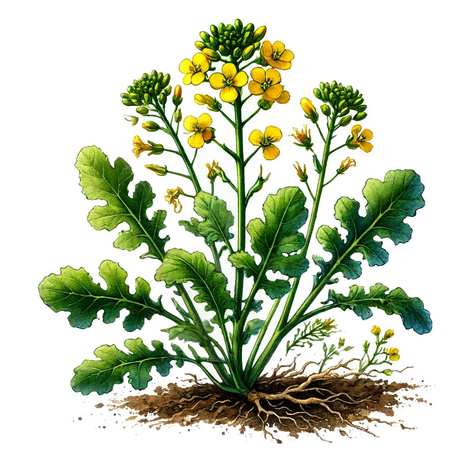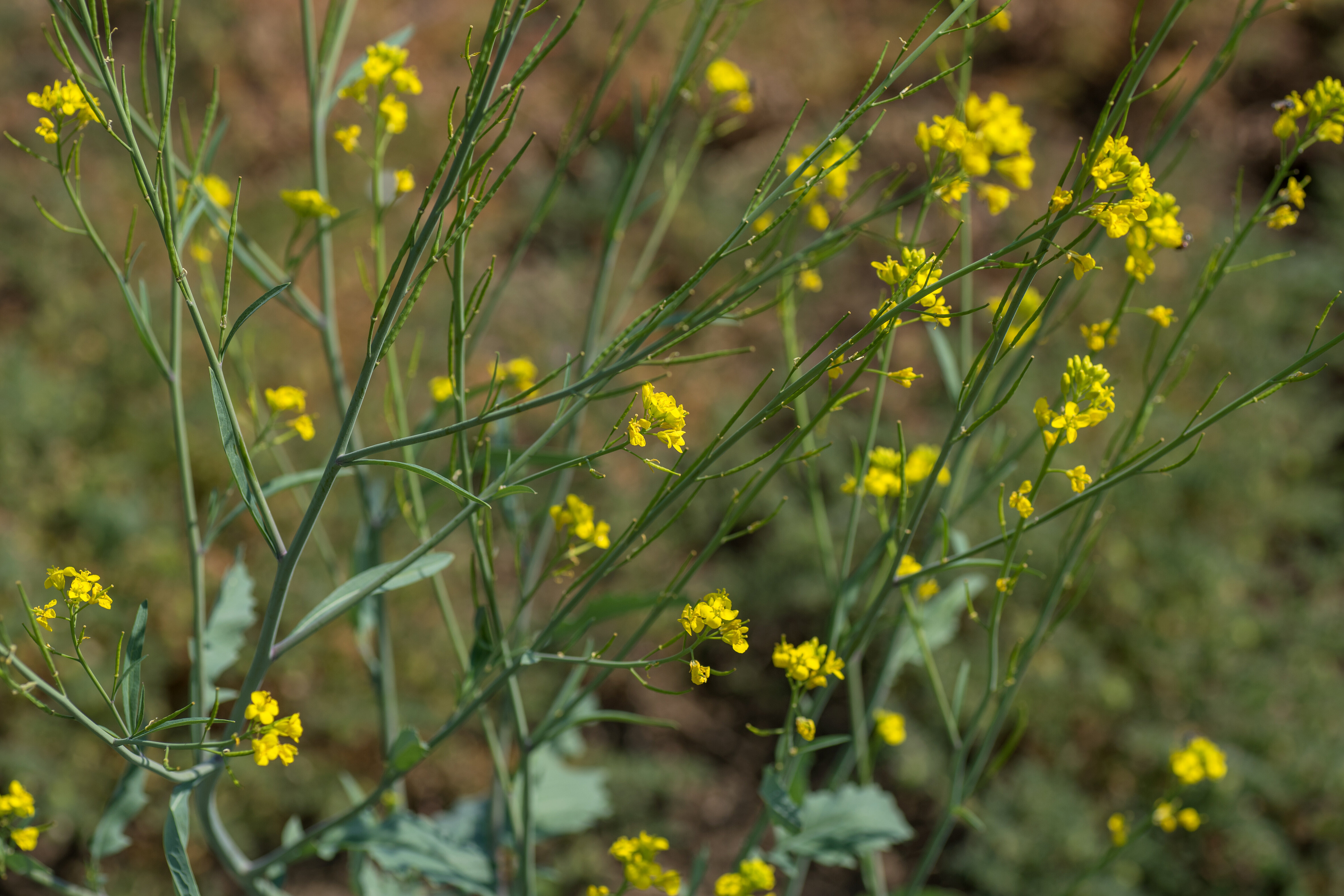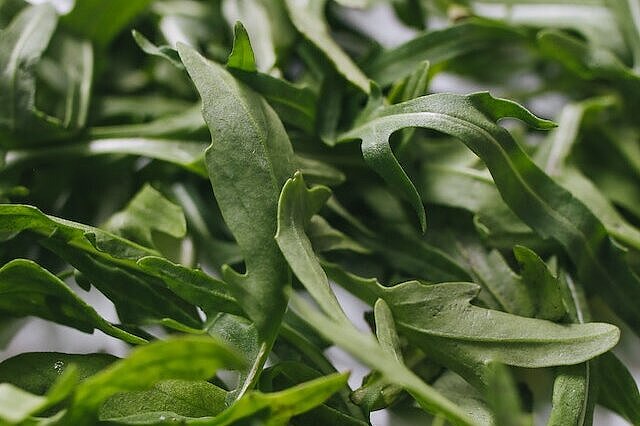Rhamphospermum arvense

What is field mustard?
Field mustard belongs to the cruciferous family (Brassicaceae) and is widespread as a wild herb in many parts of the world. The plant is characterized by its yellow flowers and fast growth rate. In agriculture, it is valued for its ability to improve the soil and suppress pests and weeds. But what does this mean for our four-legged friends?
Benefits of field mustard in dog nutrition
Natural source of nutrients
Field mustard is rich in various nutrients that can be important for dogs' health. These include vitamins (such as vitamin C), minerals, antioxidants and fiber. These components can contribute to a dog's overall health and vitality, strengthen the immune system and aid digestion.
Promoting the health of the digestive system
The fiber contained in Acker mustard can support healthy intestinal flora and regulate intestinal movement. This is particularly beneficial for dogs with digestive problems.
Antioxidant properties
Antioxidants in field mustard can help to protect cells from free radicals and thus reduce inflammation. This is especially important for older dogs or dogs with chronic health problems.
Possible disadvantages and precautions
Toxicity in large quantities
Although field mustard can provide health benefits in moderate amounts, it is important to note that the plant can be toxic to dogs in large quantities. Symptoms of overdose can include vomiting, diarrhea and other digestive problems.
Allergic reactions
Some dogs can have allergic reactions to field mustard. Watch your dog closely the first time you offer him field mustard.
Interaction with medications
Field mustard can interact with certain medications. If your dog is taking medication, discuss the introduction of field mustard into their diet with a vet beforehand.
Field mustard, consumed in moderation, can be a useful addition to your dog's diet, providing various health benefits. However, it is important to monitor the amount closely and watch for signs of a negative reaction. As with any new food or supplement in your dog's diet, it is advisable to consult a vet beforehand. This will ensure that Acker mustard is a safe and healthy choice for your four-legged friend.
Properties 5
Are you looking for other ingredients with a specific property?
Just click on them to find more.
If you notice any signs of hypersensitivity or poisoning in your dog, you should see your vet immediately. We are not a substitute for a vet, but we try to be as accurate as possible. Every dog reacts differently and we recommend you get a second opinion or consult your vet if in doubt.
Stay healthy and take good care of your four-legged friend!😊
Similar to Rhamphospermum arvense
White mustard, also known as yellow mustard (Sinapis alba), is a plant species from the cruciferous family. The seeds of the plant are often used in cooking and are known for their mild to pungent...
The short answer is yes, black mustard is poisonous to dogs. This is because the mustard seeds from which the mustard paste is made are incompatible with dogs. They contain pungent and irritating...
Rocket, also known as arugula, is a plant from the cruciferous family, which also includes broccoli, cabbage and mustard. Rocket originates from the Mediterranean region and has been used as a food...
Garden cress, scientifically known as Lepidium sativum, is a fast-growing, edible herb from the cruciferous family. Characterized by its pungent, peppery taste, it is often used in salads,...



